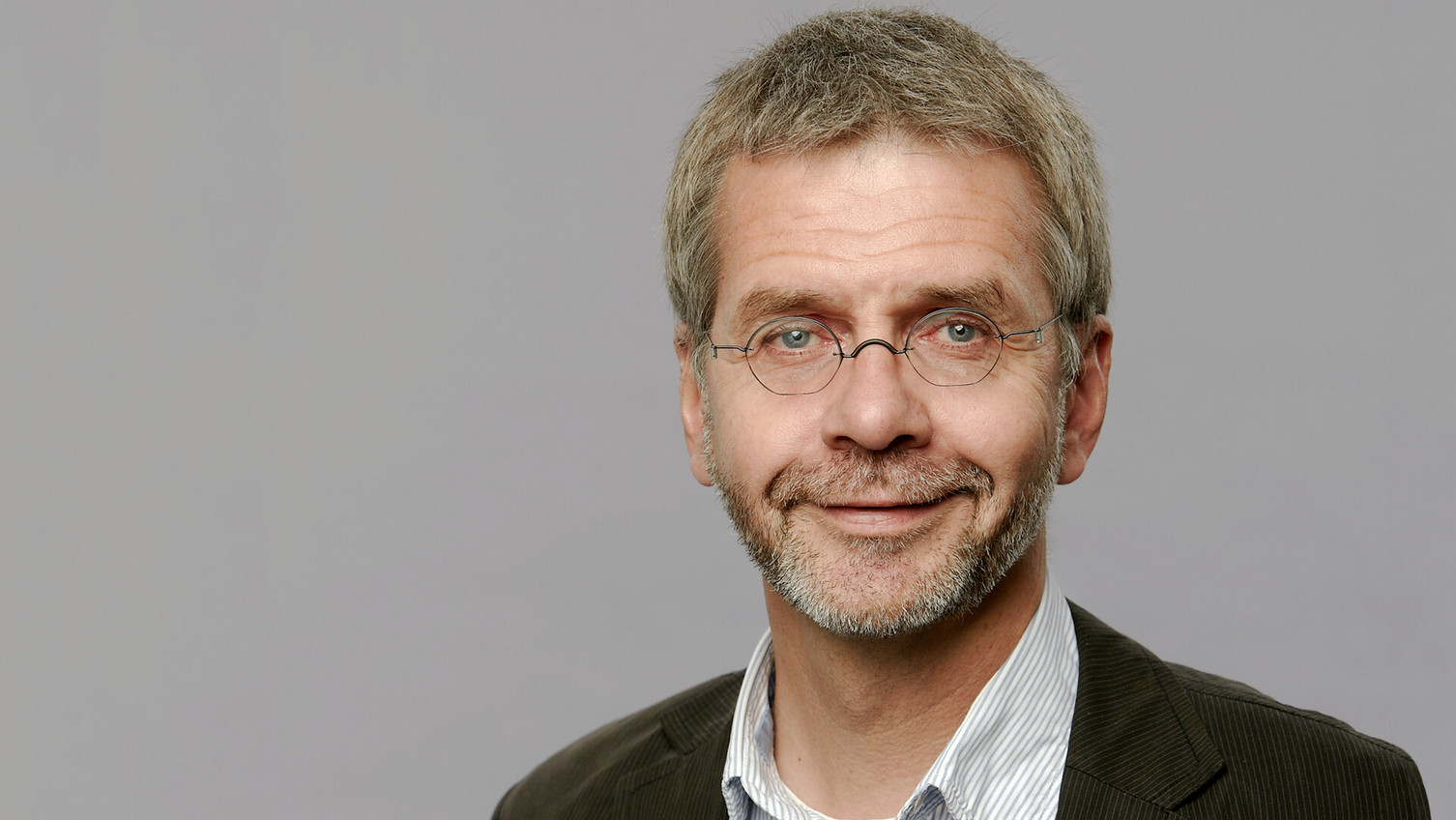Farewell: Prof. Dr. Martin Lohmann - On the happiness of travel
2022-05-03 The professor of business psychology, in particular market psychology, is one of the few German tourism researchers. He retired in March 2022.
Does travel make you happy? "Yes, sometimes," answers Prof. Dr. Martin Lohmann. He says it depends above all on how one defines happiness. "Travel primarily provides short-term feelings of happiness. But you can keep the memories for a long time and still draw on them later," the psychologist explains. About 50 percent of people experience moments of happiness while traveling: "That's very high if we compare it to experiencing happiness in everyday life," says Martin Lohmann.
In 2001, he accepted an appointment at what is now Leuphana University Lüneburg and is one of the few tourism and travel researchers in Germany: "We are a small circle of specialist scientists." A statement that is surprising given the importance of travel for people. After the end of the restrictions within the Corona pandemic, this became especially apparent: "Actually, I had expected that people would continue to stay at home. But they traveled just as much as before the pandemic, in some cases even more. Dreams and desires are very stable," explains Martin Lohmann.
In basic tourism research, he dealt with topics such as the customer value of travel, trends in tourism demand, impact research, sustainability, tourism market research such as guest surveys and image analyses. In addition, he did application-oriented research and consulting for tourism companies, associations and vacation regions. Martin Lohmann also conducted research on traveling in old age: "There were already studies on this in the 1960s. It is astonishing that the image of these travelers has hardly changed. Many still have a stereotypical image of old people in their heads. But today's senior citizens are usually very flexible, free and independent," says Martin Lohmann.
The psychology graduate was initially a research assistant at the University of Würzburg, where he conducted experimental research on noise and recreation. Later, he worked as a research consultant for the Studienkreis für Tourismus in Starnberg and was responsible, among other things, for the annual travel analysis. In 1991, he took over the scientific direction and management of the Institute for Tourism and Spas Research in Kiel. He also regularly teaches in master's programs at the MCI in Innsbruck, in the CAS Tourism Economics and Digitalization at the University of Bern and in the Master in Sustainable Tourism and Hospitality Management (STHM) program at the CBS in Copenhagen. He would like to continue this teaching activity in his retirement. He also plans to continue consulting as a senior advisor in tourism research.

